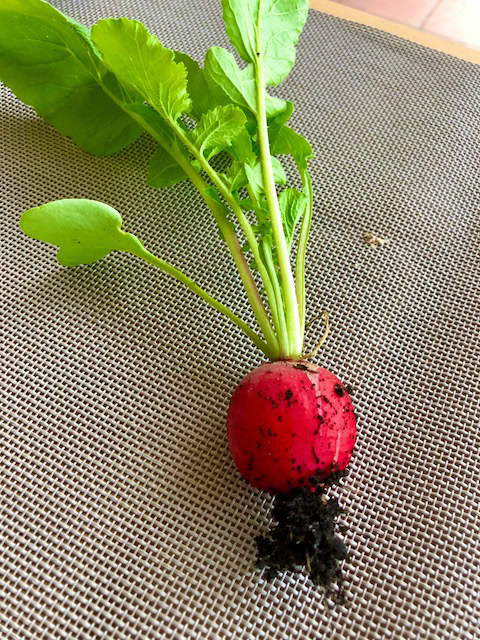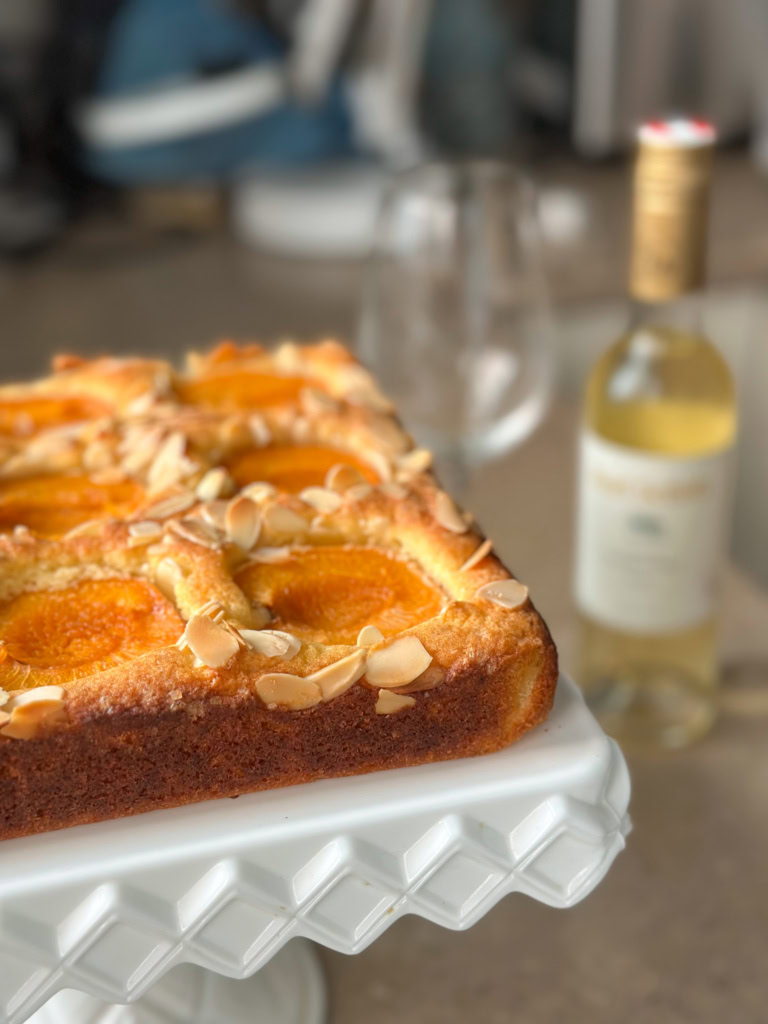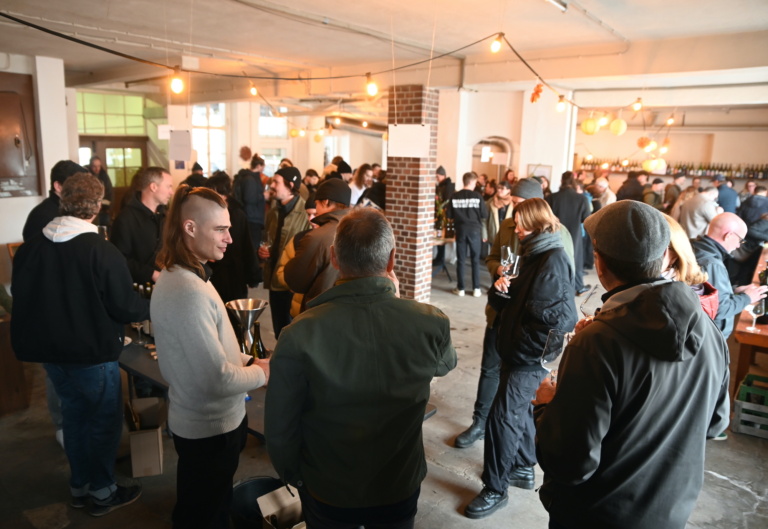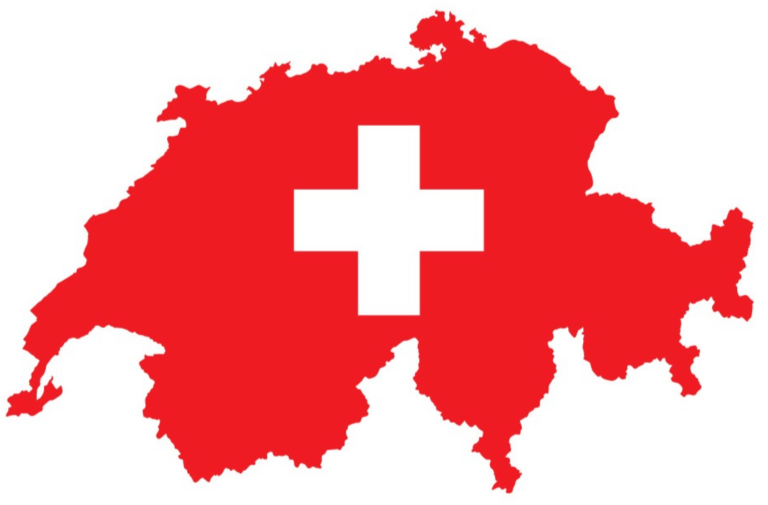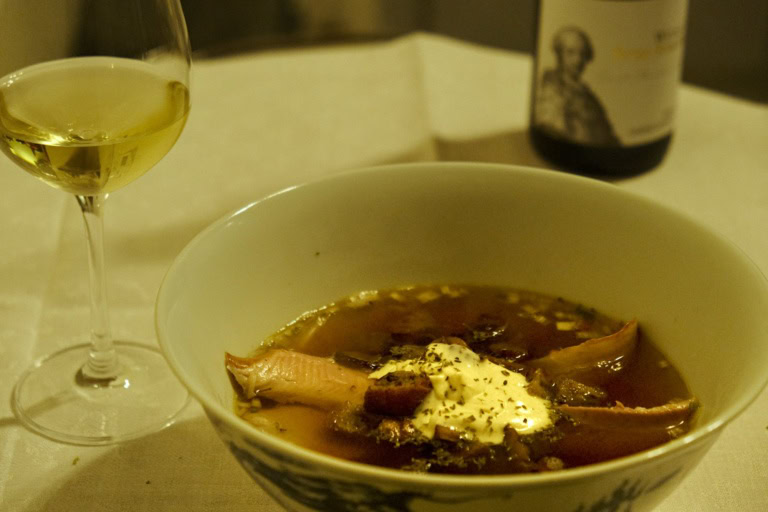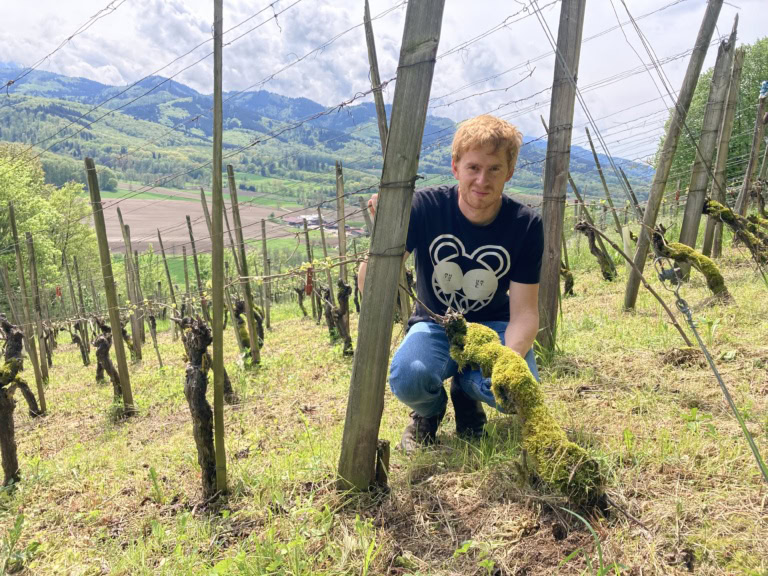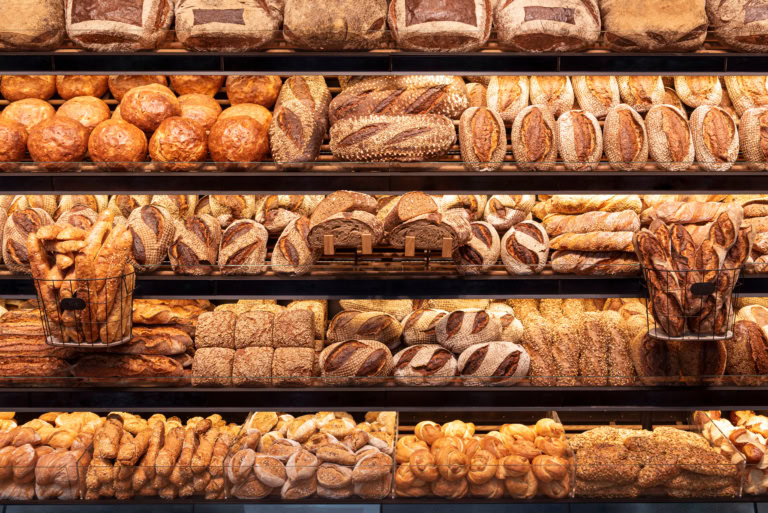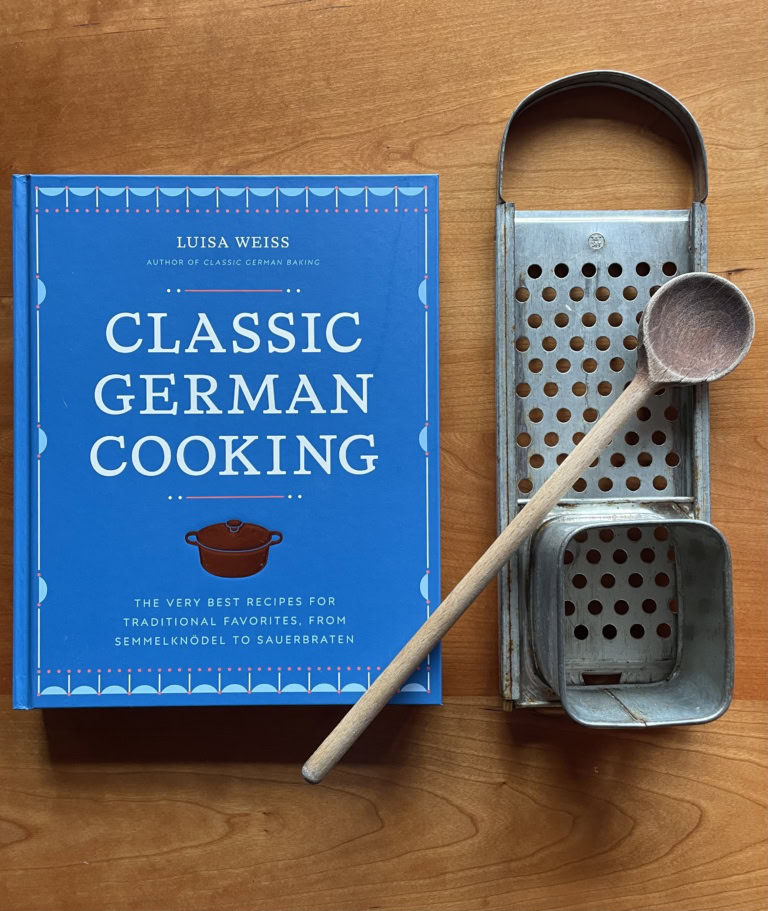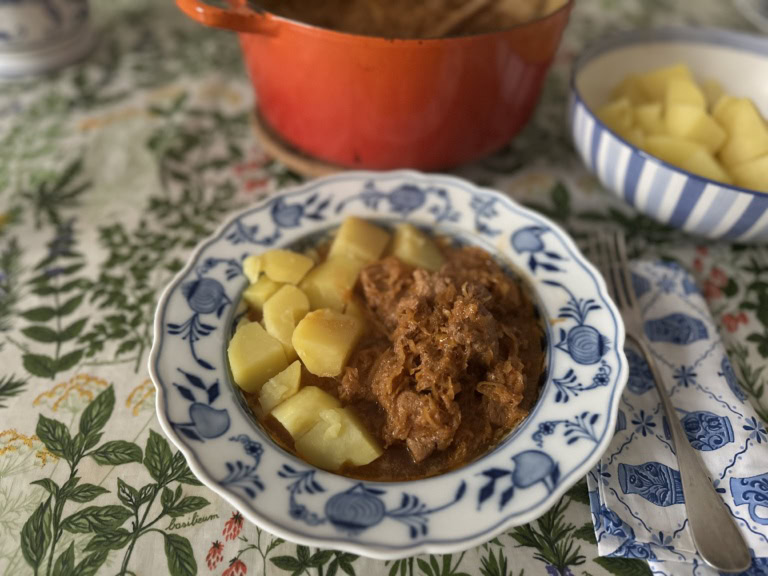Eat + TRINK: For the Love of Marillenfleck
The Wachau stands tall as one of Austria’s most storied wine regions. Terraced vineyards of Grüner Veltliner, Riesling, and other varieties line the bend of the mighty Danube. But grapes aren’t the only iconic fruit here. As a nerdy baker and wine nerd, I am intrigued by why particular grape or fruit varieties thrive in specific areas and what makes that terroir so special. I swear by Montmorency tart cherries from Northern Michigan just as I revere Grüner Veltliner from the Wachau. When I discovered that the Wachau is also known as a source of my second-favorite fruit to bake…...

